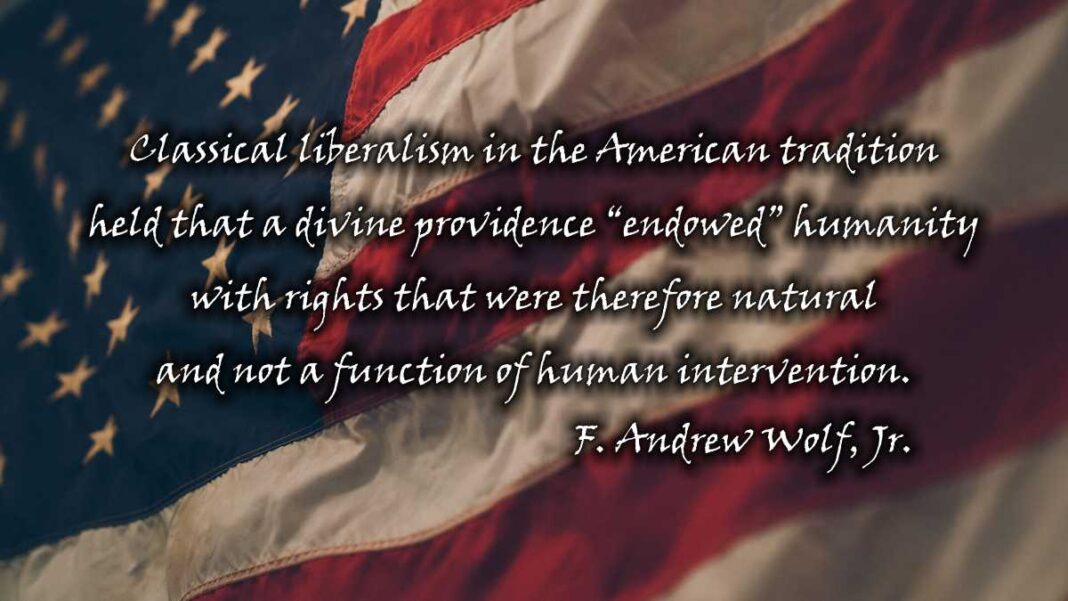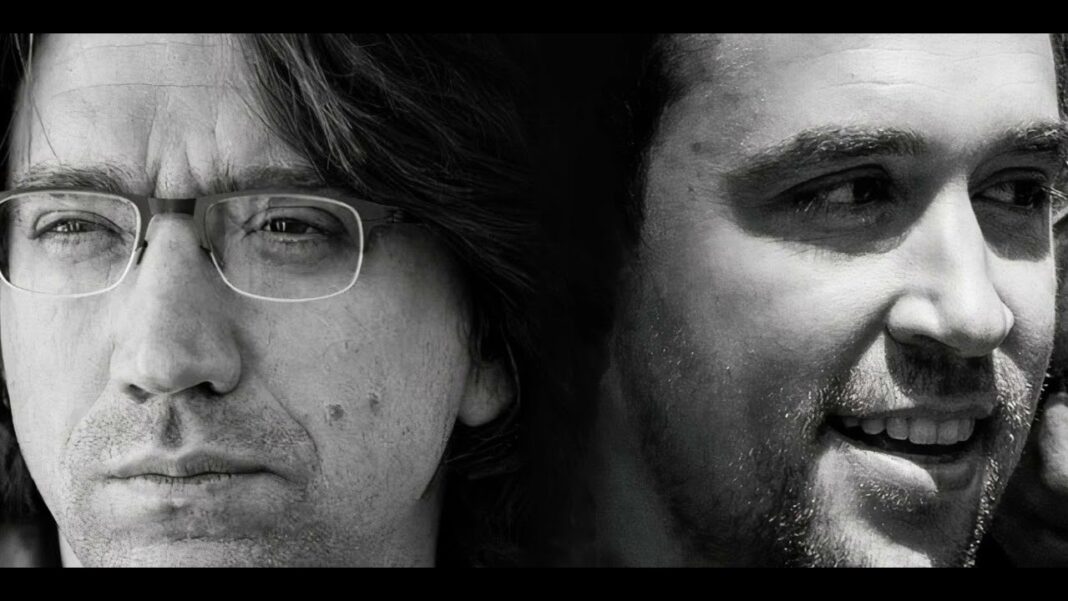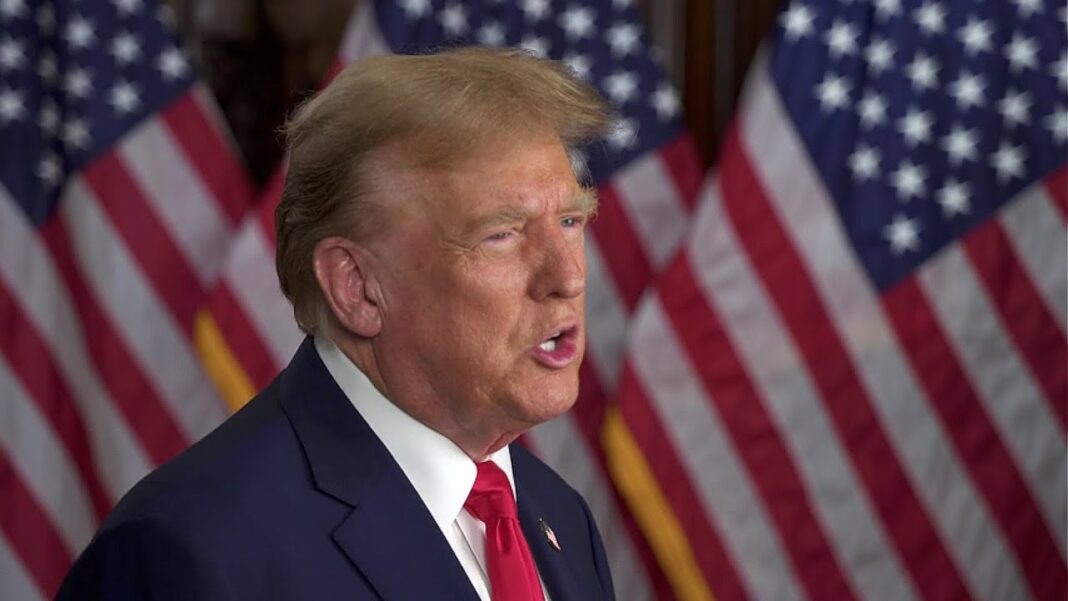‘Can liberty survive, and how can it survive, in a democratic society?’ – Tocqueville
Nineteenth century French intellectual Alexis de Tocqueville in his work, Democracy in America, posed this one major question, perhaps the central question, of political theory.
If one explores the relation between liberty and democracy, despite common parlance, one notes an inevitable tension between the two. Tocqueville understood this. Moreover, attempts to resolve this tension by showing that democracy is a good thing in its own right, or that it is the inevitable development of liberal aspirations, or that it is conceptually connected to fundamental liberal ideas, derive from misconstruing the essence of both democracy and liberalism.
Is modern liberalism undermining the ” life, liberty and pursuit of happiness” Jefferson wrote about in the Declaration and Madison enshrined in the Constitution?
The purpose of this essay is two-fold. First, it will bring into specific relief a critical flaw in the logic of modern American liberalism. At issue is its effusive use of what Isaiah Berlin labeled positive rights. Let us not forget that it is democracy that deals with equality– liberalism affects freedom. Attempting to achieve equality by legislating more freedoms creates new problems for America while trying to solve old ones.
Second, despite the abundant theoretical and practical evidence for the divergent views concerning the role of government in America, I would argue that these views are not, themselves, the cause for the divergence; rather, they are a symptom of something much more fundamental. The division between classical and modern liberal views is strident, because the two reflect different conceptualizations concerning the source of human freedom and human rights in America.
Classical liberalism in the American tradition held that a divine providence “endowed” humanity with rights that were therefore natural and not a function of human intervention. It held that there was a natural order to the universe and a natural law which operates as an ethical principle from which natural rights are derived and through which humans recognize their freedom. In classical liberalism the natural rights of humans and their freedoms, while capable of being discovered through human reason, were not of human invention. Hence, no one person or government had the right to take away another human’s natural rights to freedom. To the classical liberal in America, human freedom was justified through an appeal to that which is the basis for why there is something rather than nothing–for why the universe is rather than is not–and this without recourse to any human or human institution.
Modern liberalism, on the other hand, does not appeal to a standard independent of humankind. Instead, the modern call for freedom is an appeal to the emotions, the feelings of human being. Rather than individual rights being endowed by that which is unchanging, the natural law, modern liberalism centers its source in human desire for self-referentiality and absolute autonomy.
To claim oneself as a progressive, as the modern liberal does, one must claim a standard, an ideal to which all progress is aimed. Without a standard upon which one can rely, the question becomes: to what end are you progressing?
Subservience to such relativism means truth, freedom and rights become subjective–purely a function of the vicissitudes of human deliberation. Political decisions concerning rights and freedom cannot be held hostage to human emotions of guilt, sympathy or empathy–in other words because of how we may feel about something or someone.
Otherwise, truth and freedom become subjectively determined and rights become conditional upon what someone else decides he or she is willing to give you. Under such hegemony of human self-referentiality, one worships at the feet of Protagoras whereby “Man is the measure of all things.”








